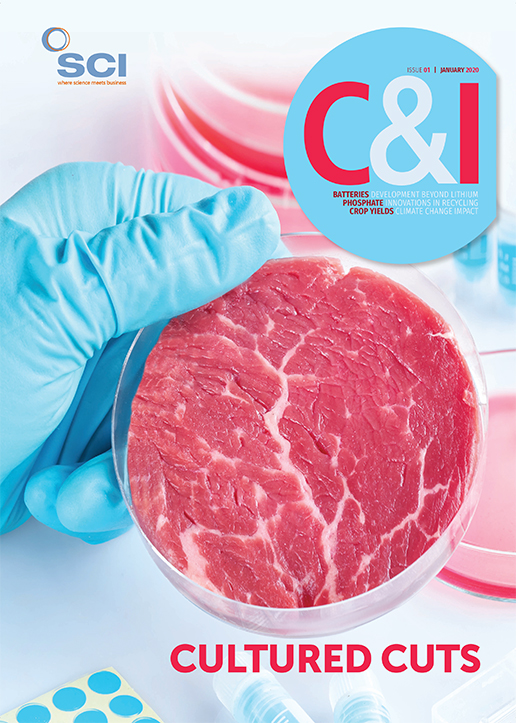China has announced it will prohibit the production of everyday cosmetic and personal care products containing microbeads at the end of 2020. The sale of such products will be banned after 31 December 2022, according to a government report that shapes and sets the tone for future industrial development.
Plastic microbeads are usually smaller than 2mm in diameter. Found in products like face washes, exfoliants and toothpaste, they are too small to be captured by most wastewater treatment plants and escape into waterways and oceans. The ban means China joins other countries including the UK, Canada and the US in banning microbeads, widely regarded as one of the worst contributors to marine plastic debris. In 2017, researchers from the Education University of Hong Kong estimated that China releases 209.7 trillion microbeads, weighing a combined 306.9t/year just from facial scrubs (Water Res., doi: 10.1016/j.watres.2017.05.053).
Microbeads are also small enough to be ingested by aquatic filter-feeders, such as shellfish, creating health risks as they accumulate and return to human diets in seafood.
China had signalled it would go after plastic microbeads as part of a memorandum of understanding to cooperate on action against climate change that it signed with Canada in November 2018. Canada banned the manufacture, import and sale of toiletries containing microbeads in July that year. China had also added microbeads, and the cosmetics and toiletries that contain them, to a list of products that pose high risks to the environment in 2017. Indeed, the short lead time, just one year, between the announcement of the ban and when it comes into force, is ‘an indicator that [the government] has already fully investigated the situation,’ industry expert Yaqing Xu at the China National Information Centre told trade journal Chemical Watch.
For now, it remains unclear how the ban would be implemented. The move is expected to hit domestic producers, which manufacture over 1.2m t of cosmetic products every year. ‘I believe the ban will have a strong impact on the domestic cosmetics industry,’ Xu said.
Foreign brands will be impacted once the sale of microbead-containing products stops after 2022. The Chinese cosmetic and personal care market is valued at CNY 261.9bn (£28.87bn) in 2018, second only to that of the US, according to a market analysis report from PRNewswire. Foreign brands accounted for over 80% of retail sales. But because plastic microbeads have already been banned in several countries, Xu believes many major foreign brands have already begun phasing microbeads out from their products.





